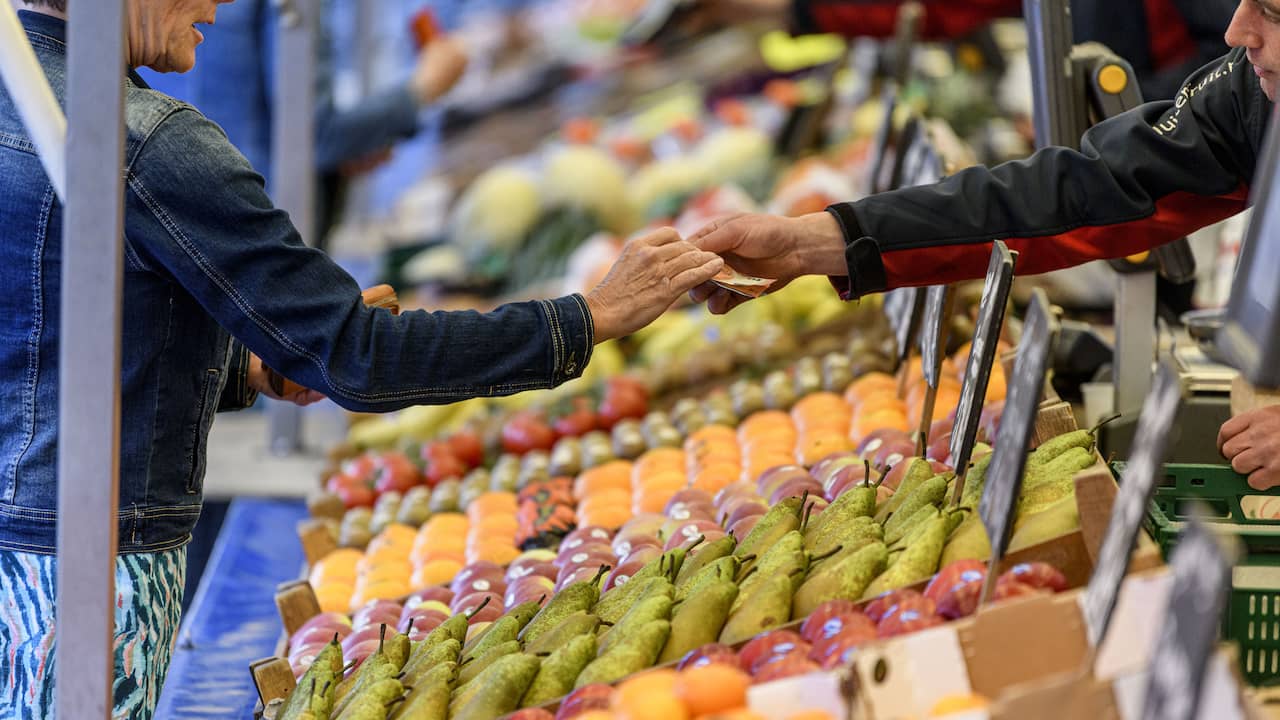The economy in our country grew by 3.1% in the last quarter compared to last year, according to data from Statistics Netherlands. We spend more on food due to higher prices, but are more cautious when it comes to spending on food and beverages and goods such as cars, clothing and furniture. It heralds a mild recession, economists tell NU.nl.
“Low incomes see their energy bills rise sharply,” says ING economist Marcel Klok. “In addition, consumer confidence is currently at an all-time low. The mood among entrepreneurs is also negative across the board. The situation is worse than before.”
Consumer reluctance and the decline in the number of investments in housing and infrastructure led our economy to contract by 0.2 percent in the last quarter compared to the previous three months.
“There is a significant decline, both consumer and producer confidence are low,” says economist Hugo Erken of Rabobank. “More and more consumers are faced with high energy bills because they have to switch from a fixed to a variable contract.”
The fact that the economy grew by 3.1 percent year on year is mainly due to the first two quarters. “Everything had been done then and there was strong growth. This largely determines the current annual growth,” says Erken.
Mild recession coming
Economists expect the Netherlands to enter a mild recession. An economic recession is when the economy contracts for two consecutive quarters.
“Because of high inflation, people are paying more for food and energy,” Erken says. “Moreover, their purchasing power is further eroded. Households therefore have less to spend. We also expect a contraction for the fourth quarter”.
‘Positive support measures for consumers’
The cabinet has previously announced a robust purchasing power package and is also working on an energy cap. In addition, consumers will receive €190 from their energy company in November and December to offset costs.
“It is good for consumers that the government is introducing support measures,” says ING economist Klok. “That way things are kept afloat and we prevent a major recession.”


